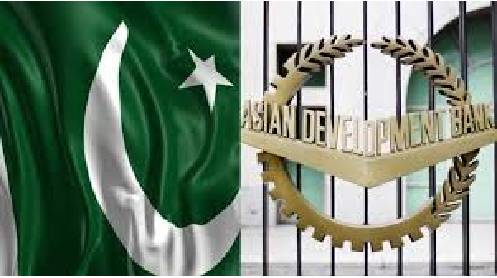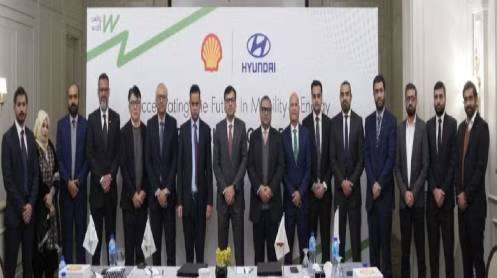The Asian Development Bank (ADB) has approved loans worth $330 million to support Pakistan’s Second Power Transmission Strengthening Project—an initiative aimed at expanding the national grid and ensuring the smooth evacuation of low-cost renewable and hydropower to major demand centres.
In a statement issued on Thursday, ADB said the project will include the construction of a new 500-kilovolt transmission line stretching approximately 290 kilometres, along with upgrades to critical grid infrastructure serving Islamabad and Faisalabad. The improvements are expected to ease long-standing bottlenecks in Pakistan’s north–south power corridor and allow the transfer of up to 3,200 megawatts of clean energy from northern hydropower plants.
“These investments will help reduce reliance on imported fuels, enhance energy security, and support Pakistan’s transition toward a more affordable and sustainable power mix,” the lender said.
The initiative also reinforces Pakistan’s broader power sector reforms and contributes to state-owned enterprise restructuring by strengthening the institutional, operational, financial, and governance framework of the National Grid Company of Pakistan Limited (NGC), formerly NTDC. NGC will serve as the project’s executing agency.
ADB’s financing package includes a $285 million loan from its ordinary capital resources and a $45 million concessional loan. The funds will help NGC modernise transmission assets, build institutional capacity, improve financial management, and advance public outreach and gender equity initiatives.
“This project reflects ADB’s strong partnership with Pakistan and our shared commitment to accelerating clean energy integration and building a resilient, sustainable energy sector,” said ADB Country Director for Pakistan Emma Fan. “By expanding transmission capacity and enabling low-cost hydropower delivery, the initiative will improve access to clean energy, reduce system costs, and support Pakistan’s long-term economic development.”
The project aligns with Pakistan’s National Power Policy 2021, Vision 2025, and its Nationally Determined Contributions, which prioritise energy security, climate resilience, and affordable clean power. It is also expected to reduce technical losses, improve grid reliability, and bolster the financial sustainability of the power sector.







